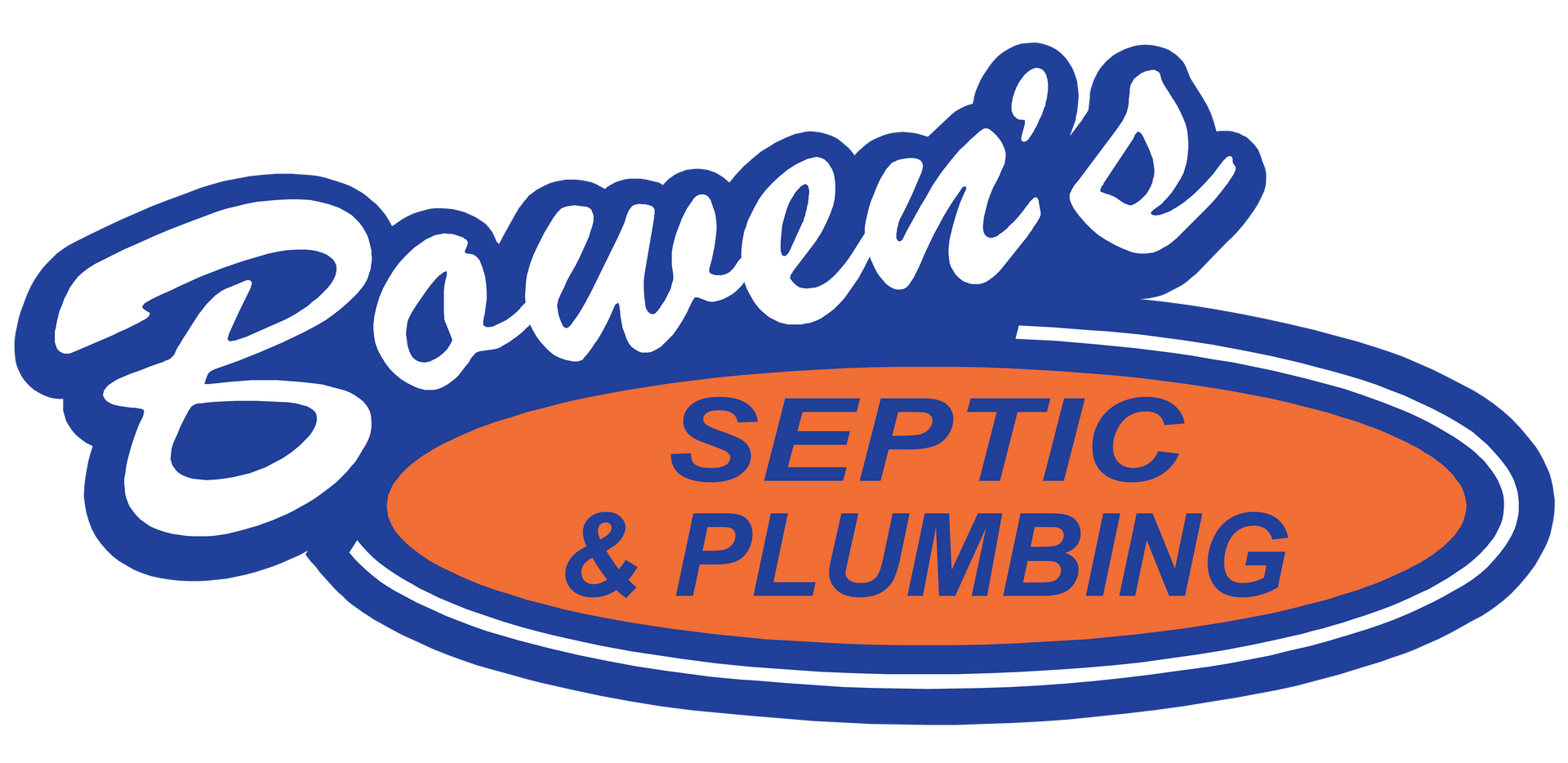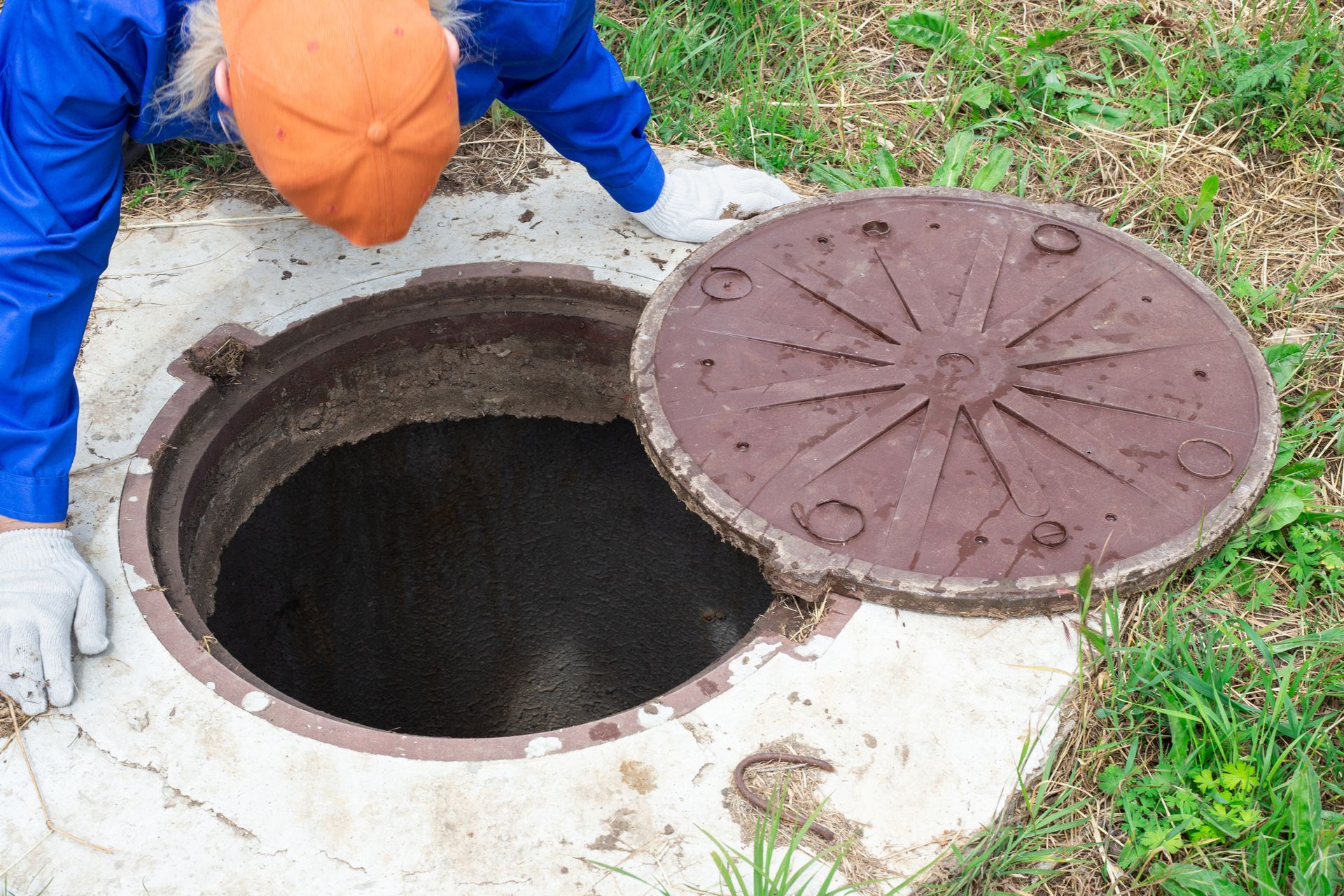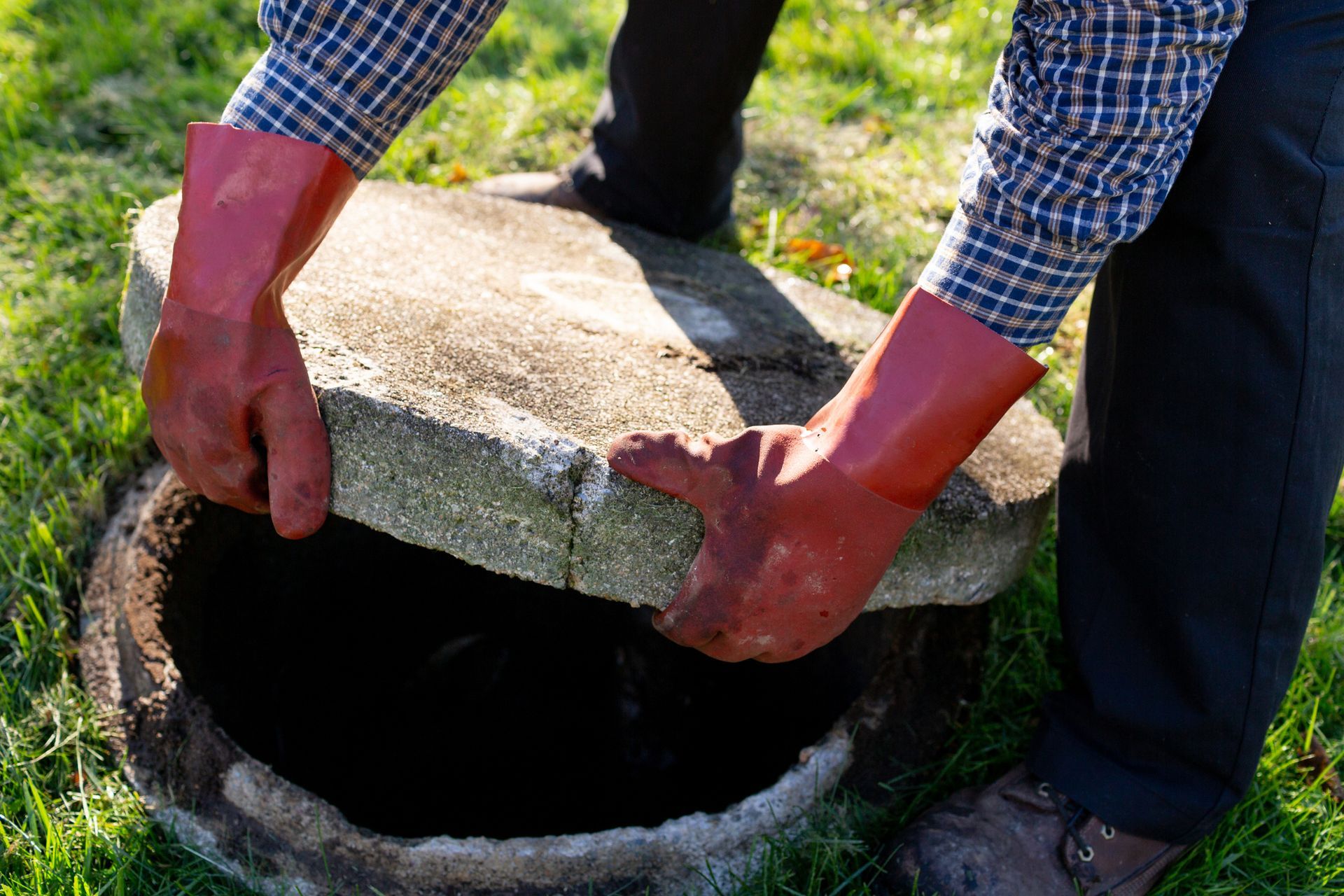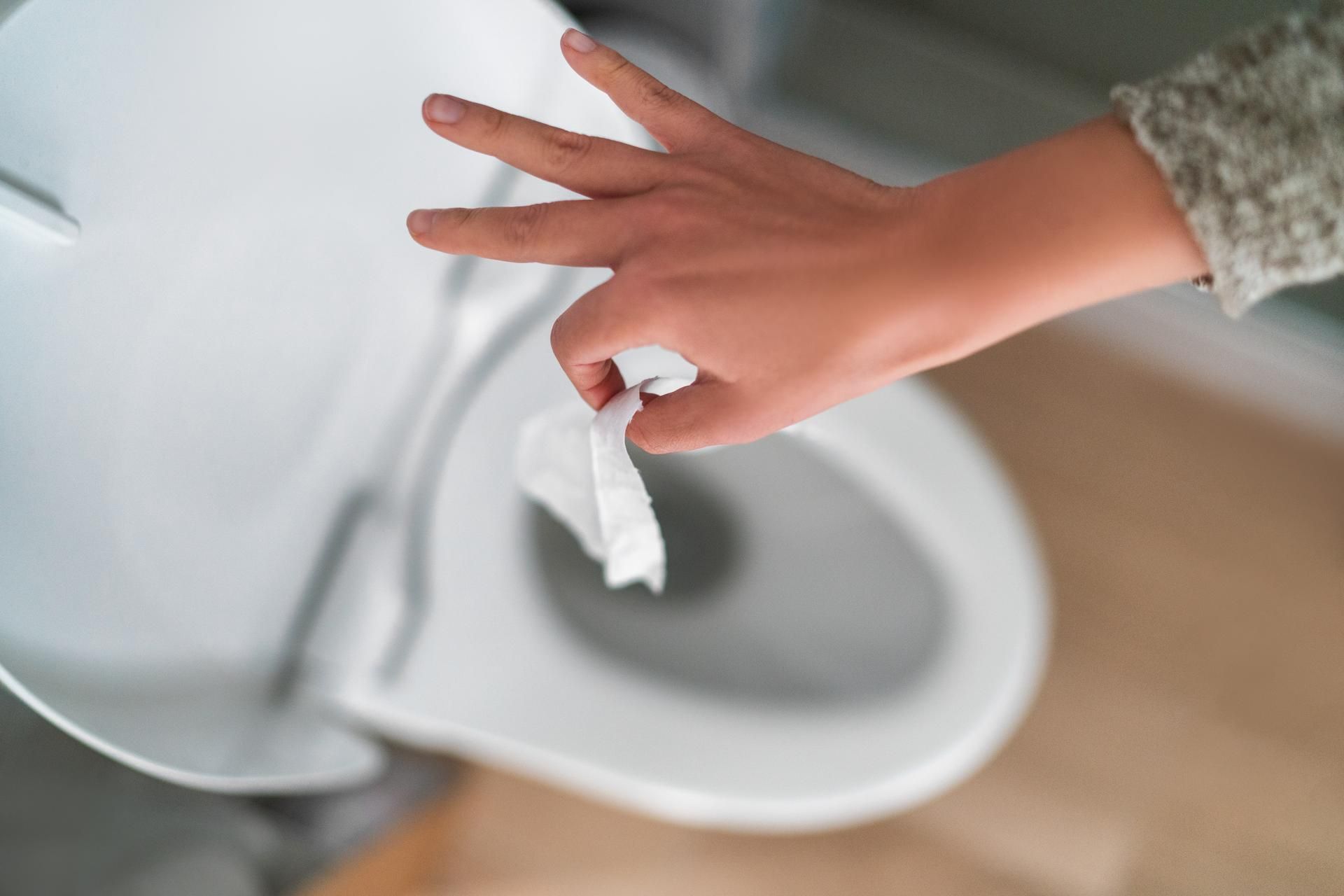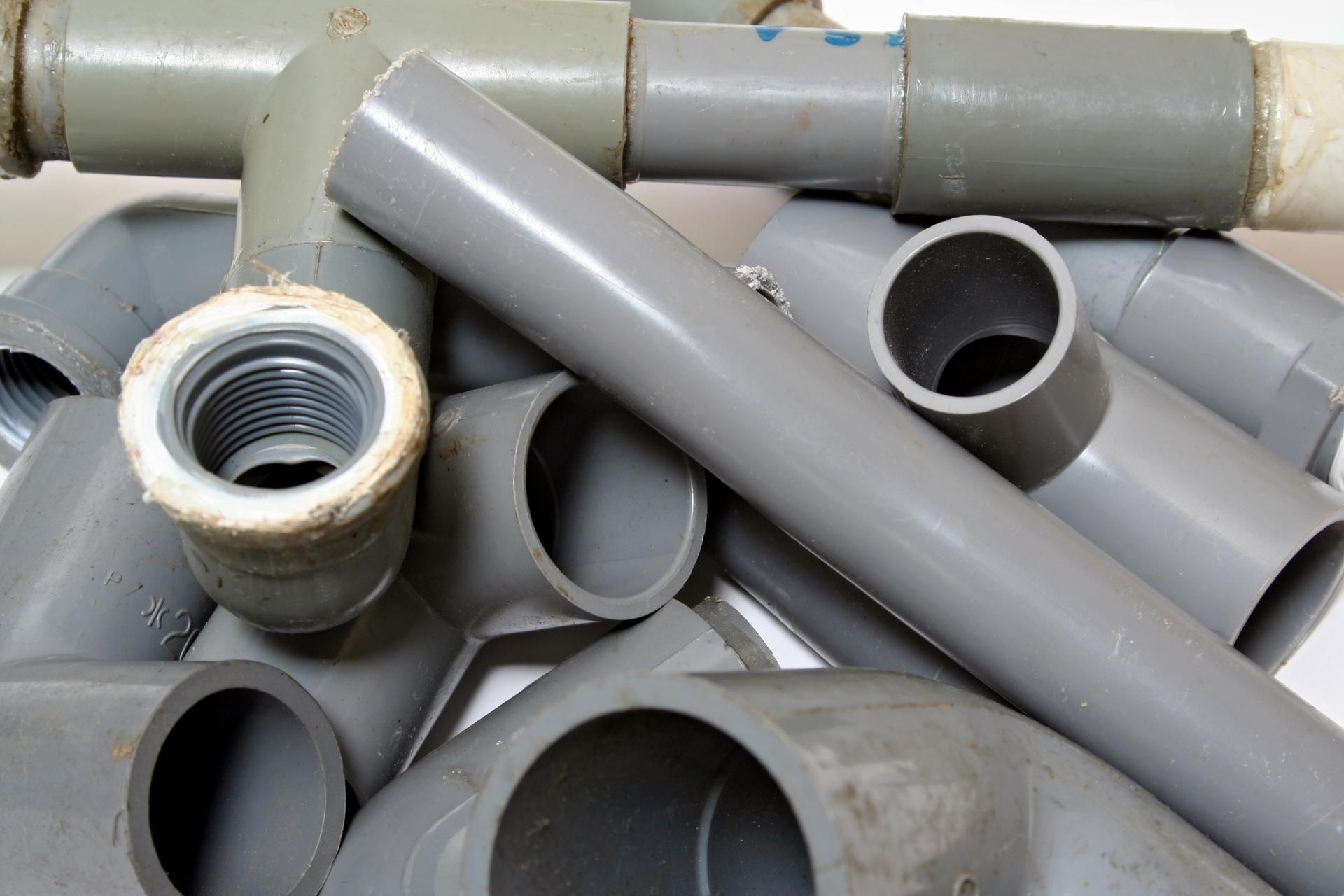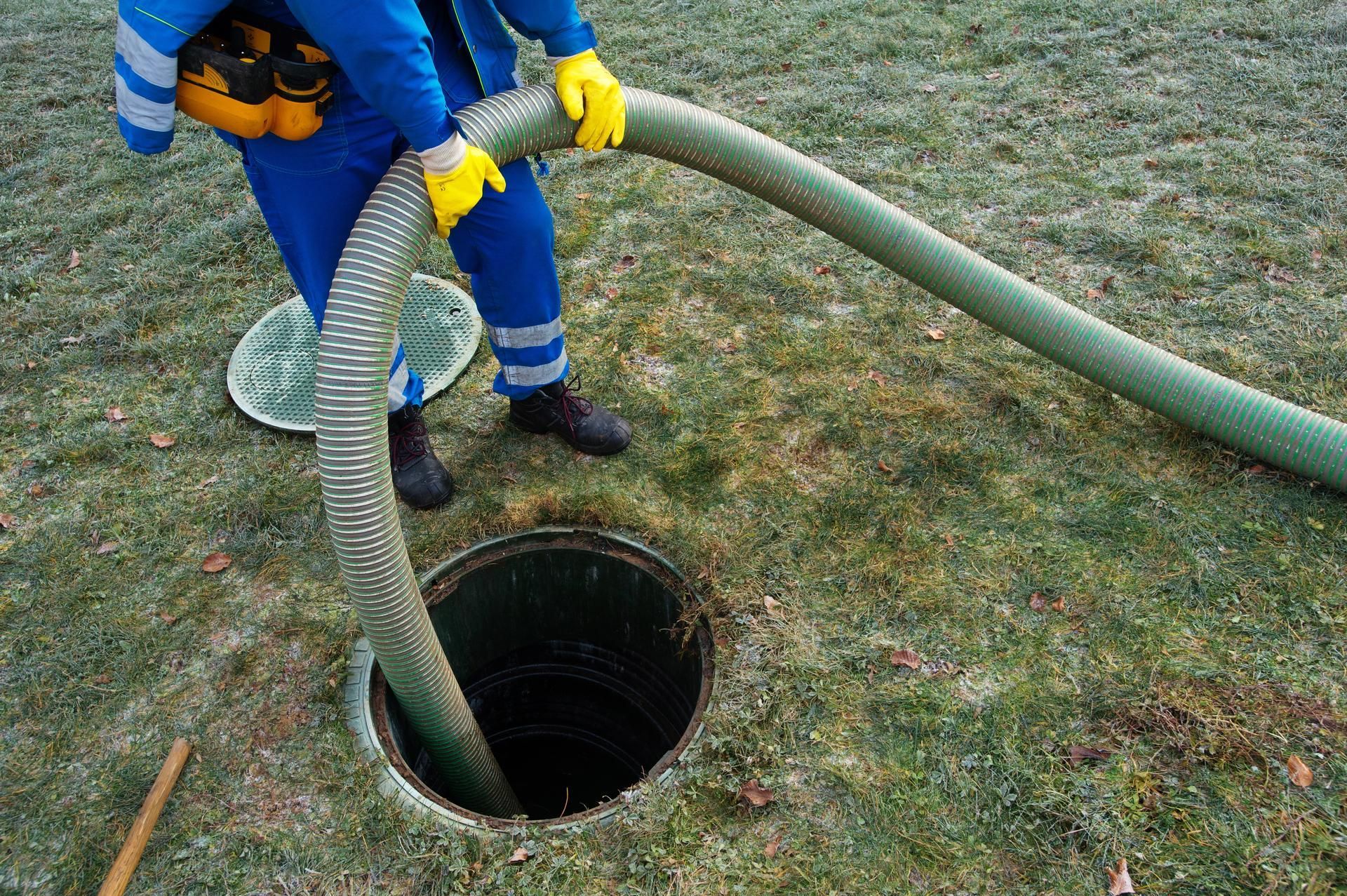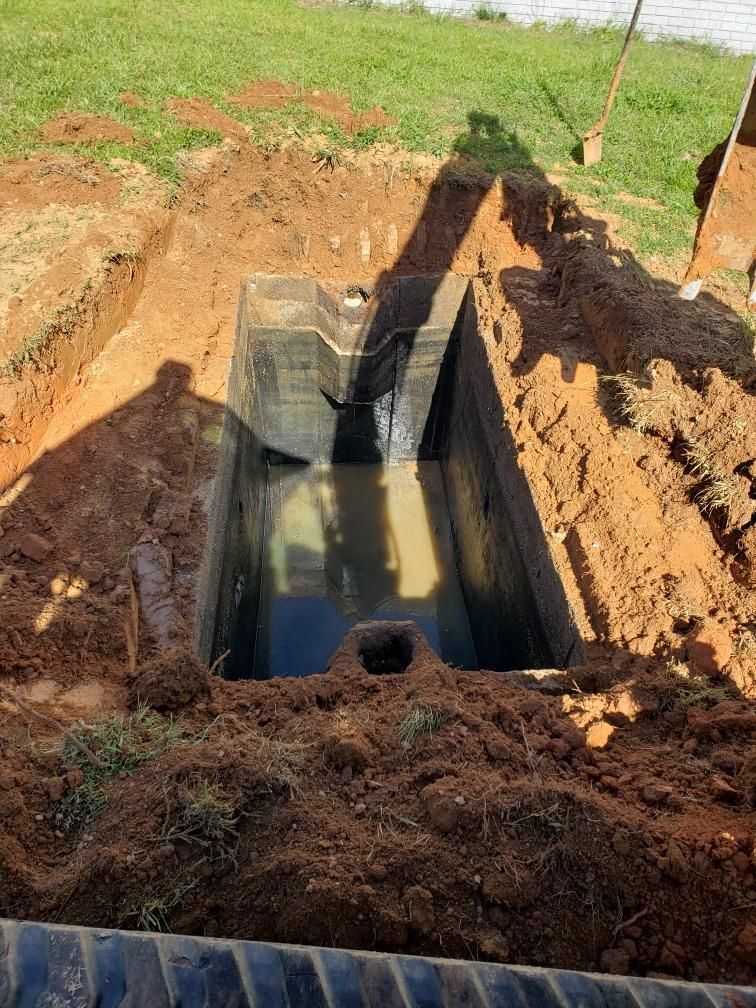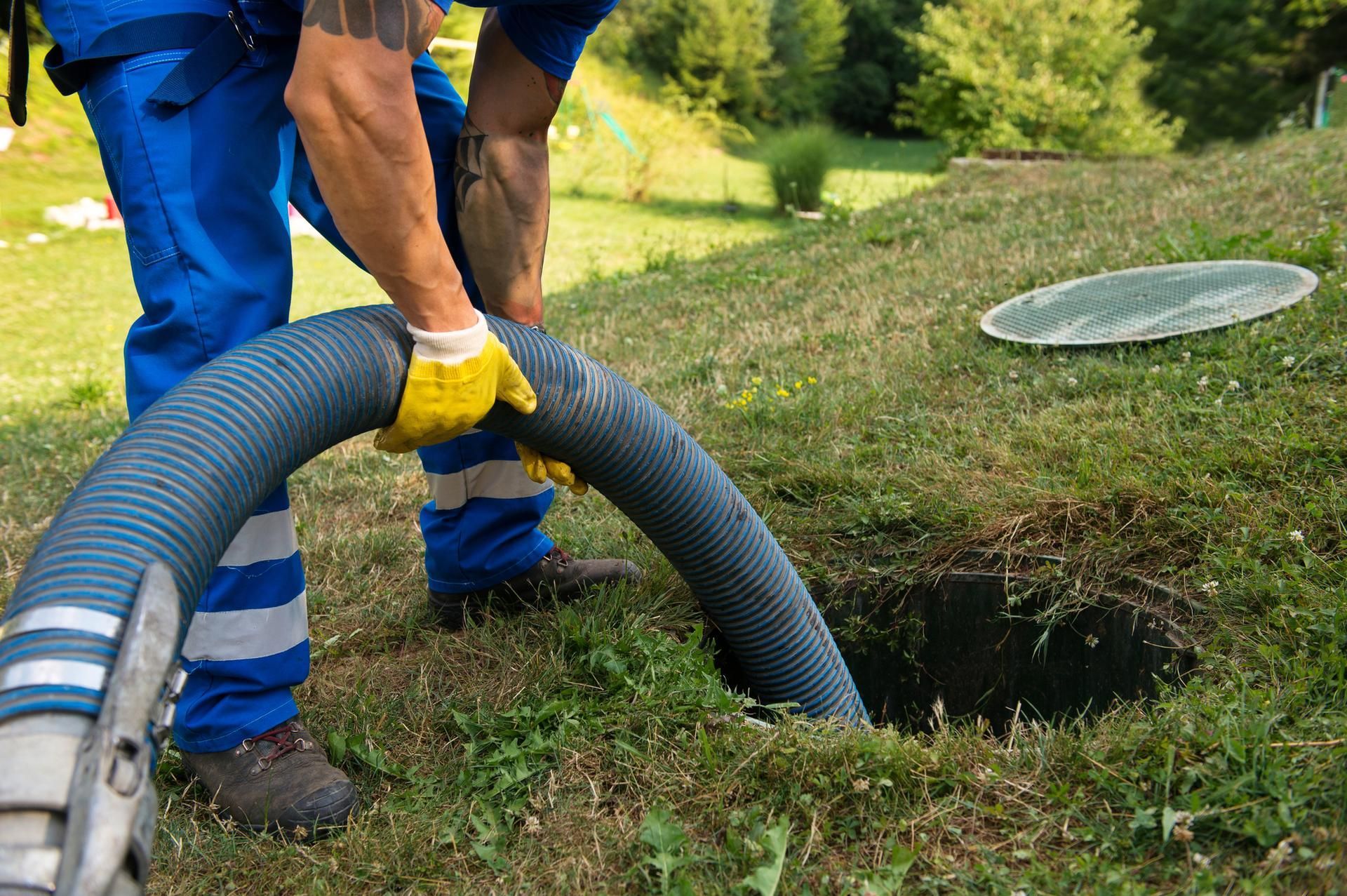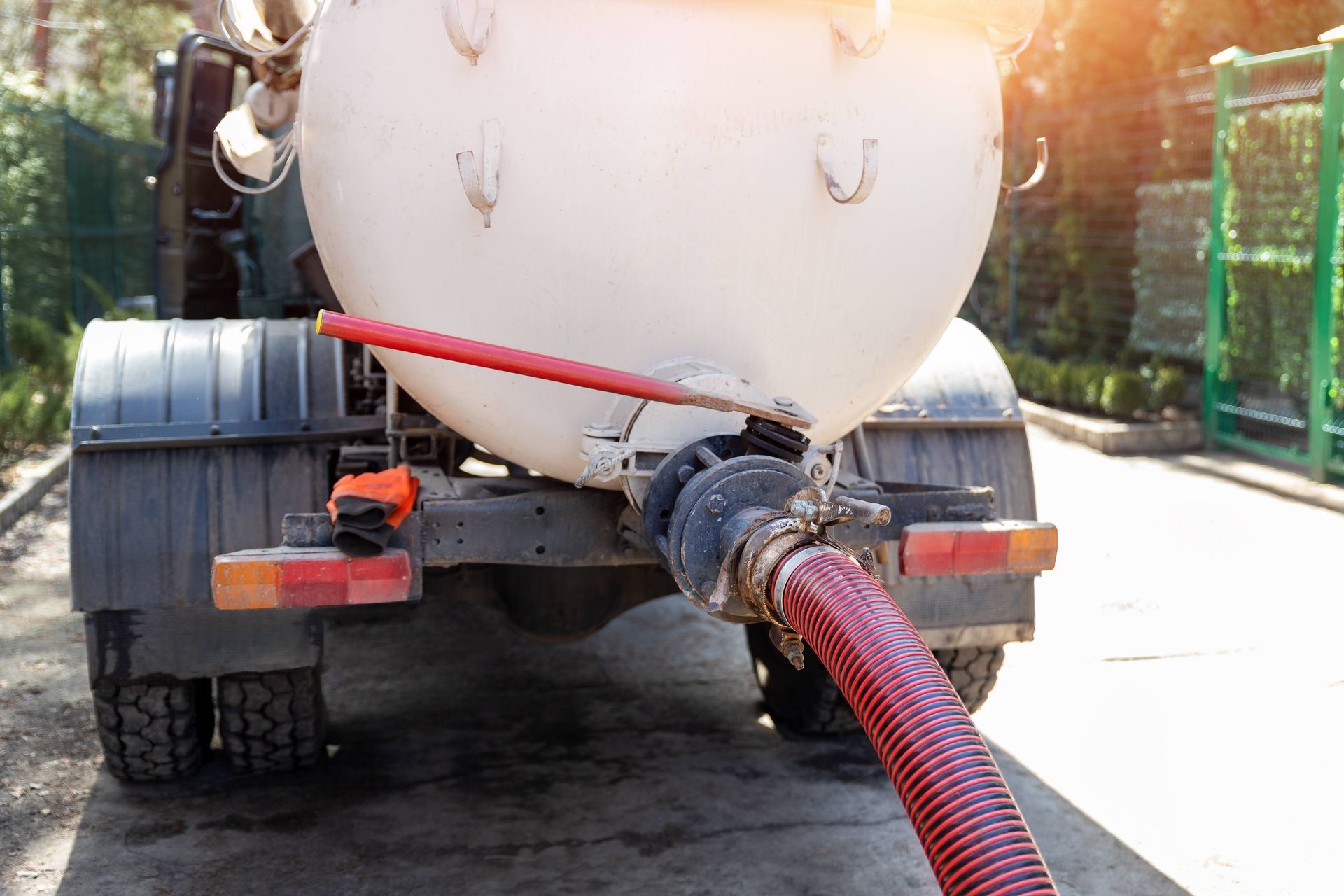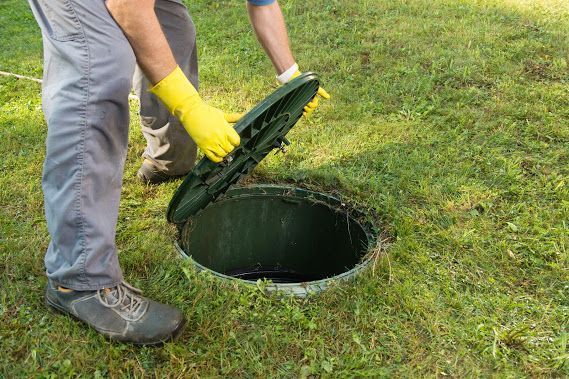3 Septic Maintenance Tips to Help Your System Last Longer

Your home's septic system requires continual care and maintenance to remain functional for longer. Besides saving big on repair costs, a well-maintained septic system ensures that your environment remains safe for you and your family.
All the parts of your septic system — including the tank and drainfield — all need to work seamlessly to effectively rid your home of waste. Learn about the basic maintenance practices that can boost your septic tank's performance for a long time to come.
1. Watch What Goes Down Your Drains
Anything you dispose of through your drains eventually ends up in your septic system. Some items can end up wreaking havoc on an otherwise healthy septic system. Surprisingly, eggshells, coffee grounds, and flour may be bad for your septic system. These waste items may seem harmless, but they could eventually end up clogging your drain pipes.
Take, for instance, dumping eggshells down your kitchen garbage disposal. The garbage disposal first grinds them into tiny bits. Afterward, oily wastes such as fats and grease combine with the eggshell particles and form stubborn clogs in your pipes. Grease in your drains may come from food wastes, including butter, cream, and other oily products you may have sent down your drains. Once your drain pipes clog, you can expect a host of other problems with your system, including the effluent leaks. To be safe, do not dump anything that might cause problems later. Even items with a flushable label (especially sanitary products) may not be a good idea to wash down your drains.
Take, for instance, dumping eggshells down your kitchen garbage disposal. The garbage disposal first grinds them into tiny bits. Afterward, oily wastes such as fats and grease combine with the eggshell particles and form stubborn clogs in your pipes. Grease in your drains may come from food wastes, including butter, cream, and other oily products you may have sent down your drains. Once your drain pipes clog, you can expect a host of other problems with your system, including the effluent leaks. To be safe, do not dump anything that might cause problems later. Even items with a flushable label (especially sanitary products) may not be a good idea to wash down your drains.
2. Monitor Your Water Usage Habits
Your septic system has a wastewater capacity limit. If your water usage habits are far greater than what your system can handle, then some wastewater may end up untreated. Untreated wastewater may find its way to your drainfield and contaminate underground water.
A smaller capacity septic tank serving a large household means more wastewater — even with normal water usage. Therefore, if you suspect that your septic system may be overwhelmed, changing water usage habits may be a good place to start.
You could space out heavy water demand activities to give your system some breathing room. For instance, instead of running your dishwasher and washing machine simultaneously, schedule these activities to run on different days. In doing so, you drastically reduce the amount of wastewater flowing into your septic system.
A smaller capacity septic tank serving a large household means more wastewater — even with normal water usage. Therefore, if you suspect that your septic system may be overwhelmed, changing water usage habits may be a good place to start.
You could space out heavy water demand activities to give your system some breathing room. For instance, instead of running your dishwasher and washing machine simultaneously, schedule these activities to run on different days. In doing so, you drastically reduce the amount of wastewater flowing into your septic system.
3. Schedule Regular Pumping Inspections
General septic system guidelines recommend that professional septic inspections should happen after every three years . Luckily, regular inspections are an excellent way to identify problems with your system earlier before they get worse.
Quicker discoveries can also lower the expected repair costs and prolong your septic system's lifespan. If you take too long before checking on your tank's condition, you may have difficulty knowing where to start if things suddenly go wrong.
Before you schedule a professional inspection, first take time to look at any visible parts of your septic system. Note down any leaks you see to make things easier for your service expert when they arrive for an inspection. A professional may start by inspecting the tank to check whether it is full or not. Depending on their findings, your septic system expert may suggest a pumping schedule to match your water usage habits.
Because a septic system is a considerable investment, you likely want it to serve you for a long time, perhaps longer than the rated system lifespan. But that is only possible with proper care and maintenance. Contact us at Bowen's Septic Tank if you would like to know more about protecting your septic system. We look forward to speaking with you.
General septic system guidelines recommend that professional septic inspections should happen after every three years . Luckily, regular inspections are an excellent way to identify problems with your system earlier before they get worse.
Quicker discoveries can also lower the expected repair costs and prolong your septic system's lifespan. If you take too long before checking on your tank's condition, you may have difficulty knowing where to start if things suddenly go wrong.
Before you schedule a professional inspection, first take time to look at any visible parts of your septic system. Note down any leaks you see to make things easier for your service expert when they arrive for an inspection. A professional may start by inspecting the tank to check whether it is full or not. Depending on their findings, your septic system expert may suggest a pumping schedule to match your water usage habits.
Because a septic system is a considerable investment, you likely want it to serve you for a long time, perhaps longer than the rated system lifespan. But that is only possible with proper care and maintenance. Contact us at Bowen's Septic Tank if you would like to know more about protecting your septic system. We look forward to speaking with you.
